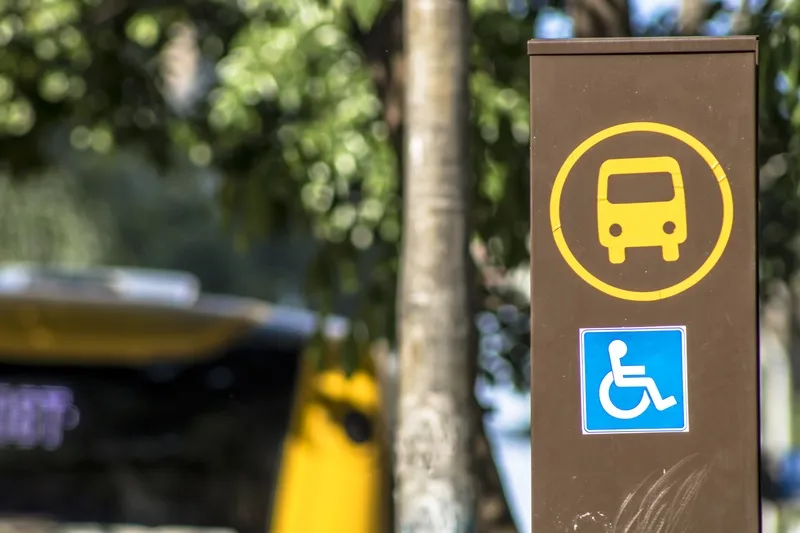
Disability charity the Motability Foundation has awarded a research grant to develop accessible automated transport to Transport Research Foundation (parent company of TRL) and Research Institute for Disabled Consumers (RiDC).
The research is designed to "understand the needs, perceptions and challenges faced by people with disabilities" in this area of transportation.
RiDC carries out practical evaluation of the accessibility and usability of transport services and modes including buses, taxis, and cars, as well as assistance needs and digital interfaces for passengers with various impairments and assistive technology. Thus the organisation will "ensure robust end-user engagement in the research".
Lisa Jones, director of charitable operations at the Motability Foundation, said the grant would "bring the voice of disabled people into the thinking on automated transport and ensure truly accessible solutions to the future of transport".
Key issues include disabled peoples’ perceptions of new forms of mobility, the challenges faced by disabled people in interacting with new automated transport technologies, and the potential benefits they offer.
The project will present examples of good practice and identify the requirements necessary to deliver the benefits of automation to all disabled people.
“An array of innovations are emerging which are set to reinvent how we transport people and goods, such as driverless or remotely-operated passenger shuttles, fully- and partially-automated cars, buses and trucks – covering an array of use cases, technological maturities, benefits and challenges,” says Dr George Beard, head of new mobility at TRL.
"One of the key potential benefits of automation – alongside safer, cleaner journeys – is to enable people who might previously have been excluded to travel or access goods or services in new ways. To best achieve that, accessibility has to be considered from the outset and that is what we’re aiming to achieve with this work”.
Gordon McCullough, CEO at RiDC, says disabled people are "left behind when new innovations are developed, and we have seen this happen time and again with transport".
He described the fact that disabled people are being consulted at the beginning of this design process for automated transport as "hugely encouraging".
The first part of the new research will be an evidence review, followed by engagement with charities and user focus groups and an end user survey using the RiDC Consumer Panel of 4,000 members to collect broader data.
The final part will be a series of usability and accessibility trials for disabled participants to evaluate the design of new tech.
TRL and RiDC will also "make use of their connections with existing automated vehicle trials that are running across the UK during the same period".
TRL says it hopes to invite disabled people to participate in trials at its London testbed, the Smart Mobility Living Lab (SMLL).










